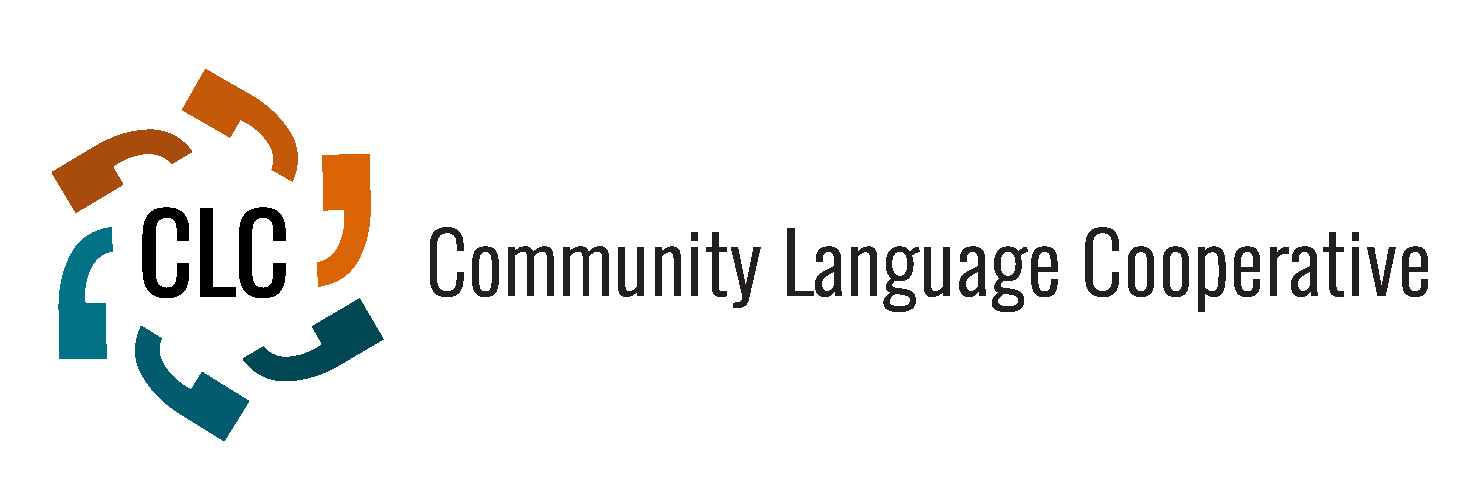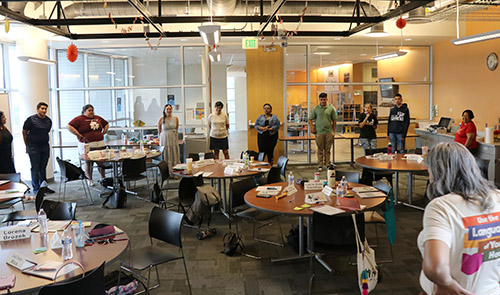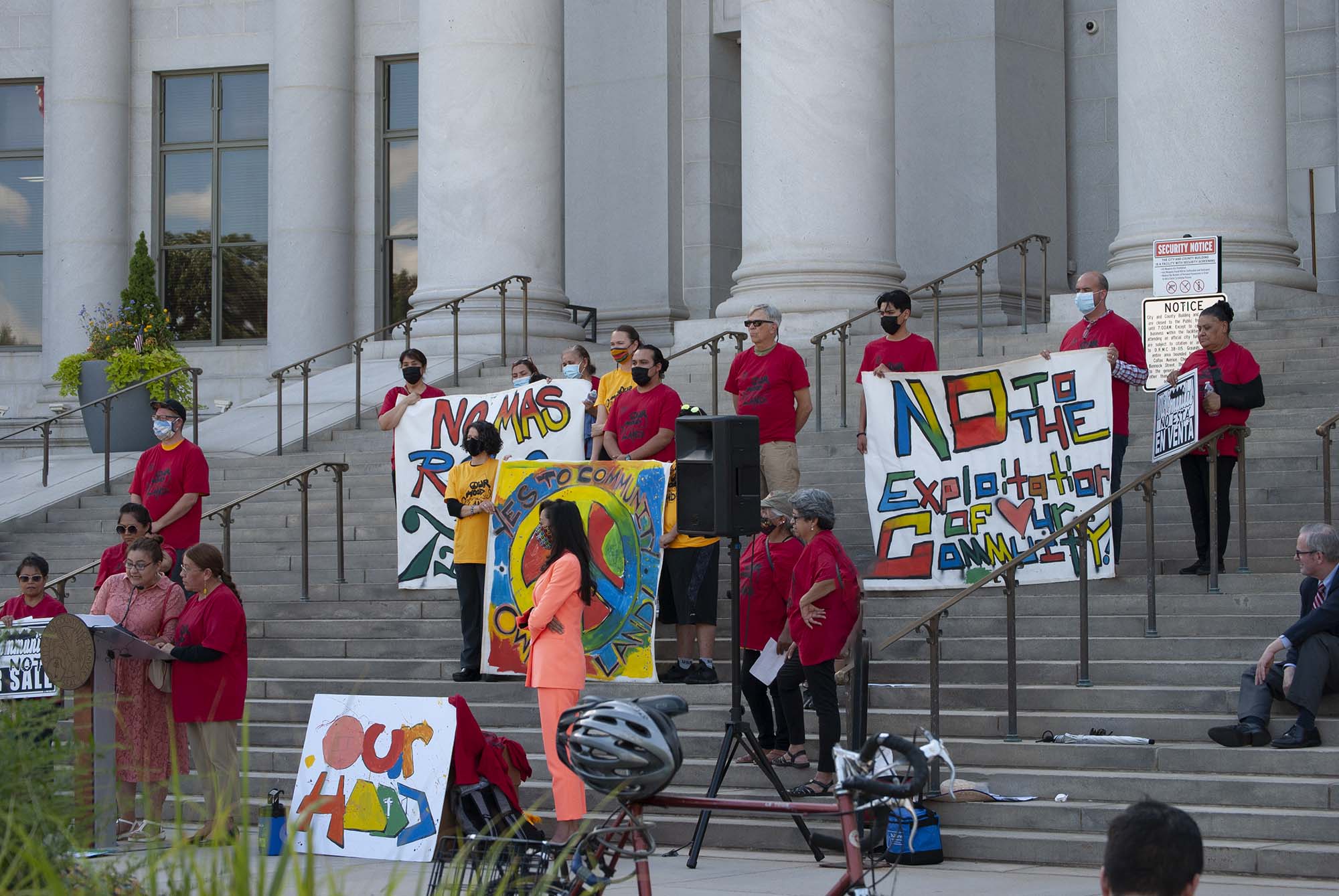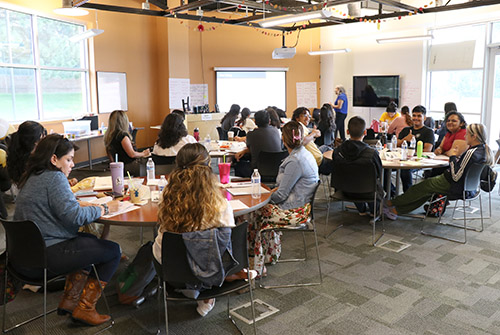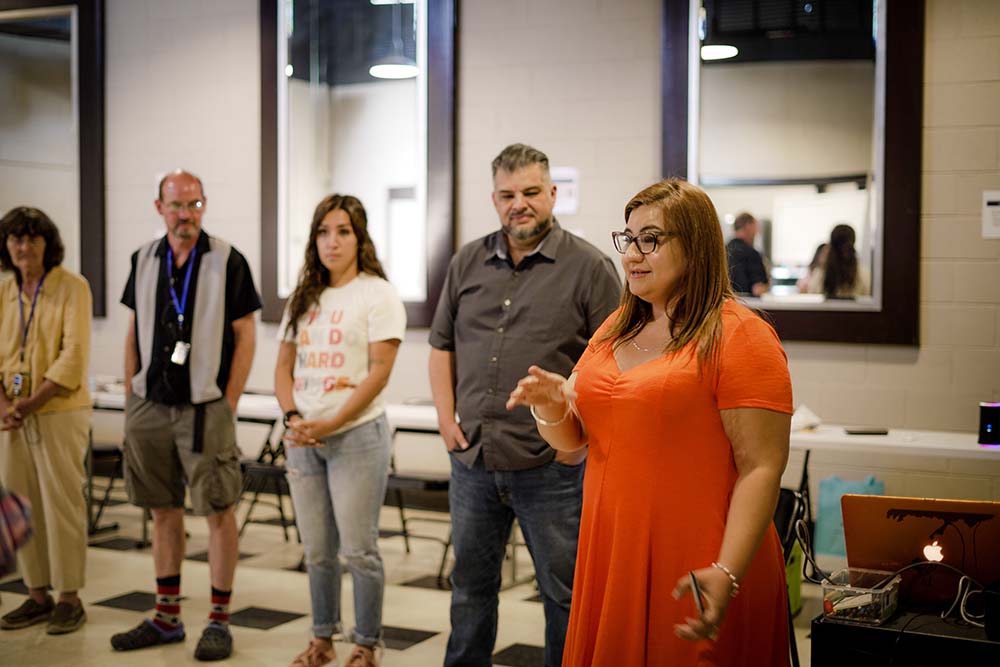Language Justice
What is Language Justice?
Language Justice is a key practice used in social justice movements in order to create shared power, practice inclusion and dismantle traditional systems of oppression that have traditionally disenfranchised non-English speakers.
Born of the Community
Language Justice, although it is a practice used by social justice interpreters, for the CLC it was a concept that came out of the community. When we started working in Southwest Denver in the Westwood neighborhood, there was a group of community members who wanted to make changes in their neighborhoods. They were hosting meetings with various city departments and they asked us to give the English speakers a headset. That it was time for them to lead the meeting and that they needed to be heard. This is when the CLC started working on Language Justice. Everyone in the room who was not bilingual was asked to take a headset and a space for Language Justice was created, where everyone could speak in the language that they felt most comfortable and by using simultaneous interpretation for everyone.
Language Justice empowers voices.
Language Justice is more than interpretation and translation, it is an intentional practice that values interpretation and translation as critical tools for opening communication and empowering all voices.
Why is it needed?
Due to forced assimilation, in particular around language, communities who are vulnerable to poor health can be subjected to feelings of inadequacy, powerlessness or excluded in settings aimed at improving their health; such as non-profits and service providers.
Language justice is needed to facilitate opportunity for everyone to engage and participate in the language of their heart, and to create an inclusive and equitable space.
Where does it apply?
Language Justice is needed in all spaces in a fair, equitable and functioning society. It is needed in all facets and levels of local, state and federal government to all forms of public services. Language Justice needs to be equitable in our healthcare and legal system along with our electoral process. It is required to help ensure that worker’s rights and benefits are not being exploited. It is needed in every service, industry and trade that would seek to benefit from linguistic inclusion. Contact the CLC to make Language Justice real and practical in your organization.
